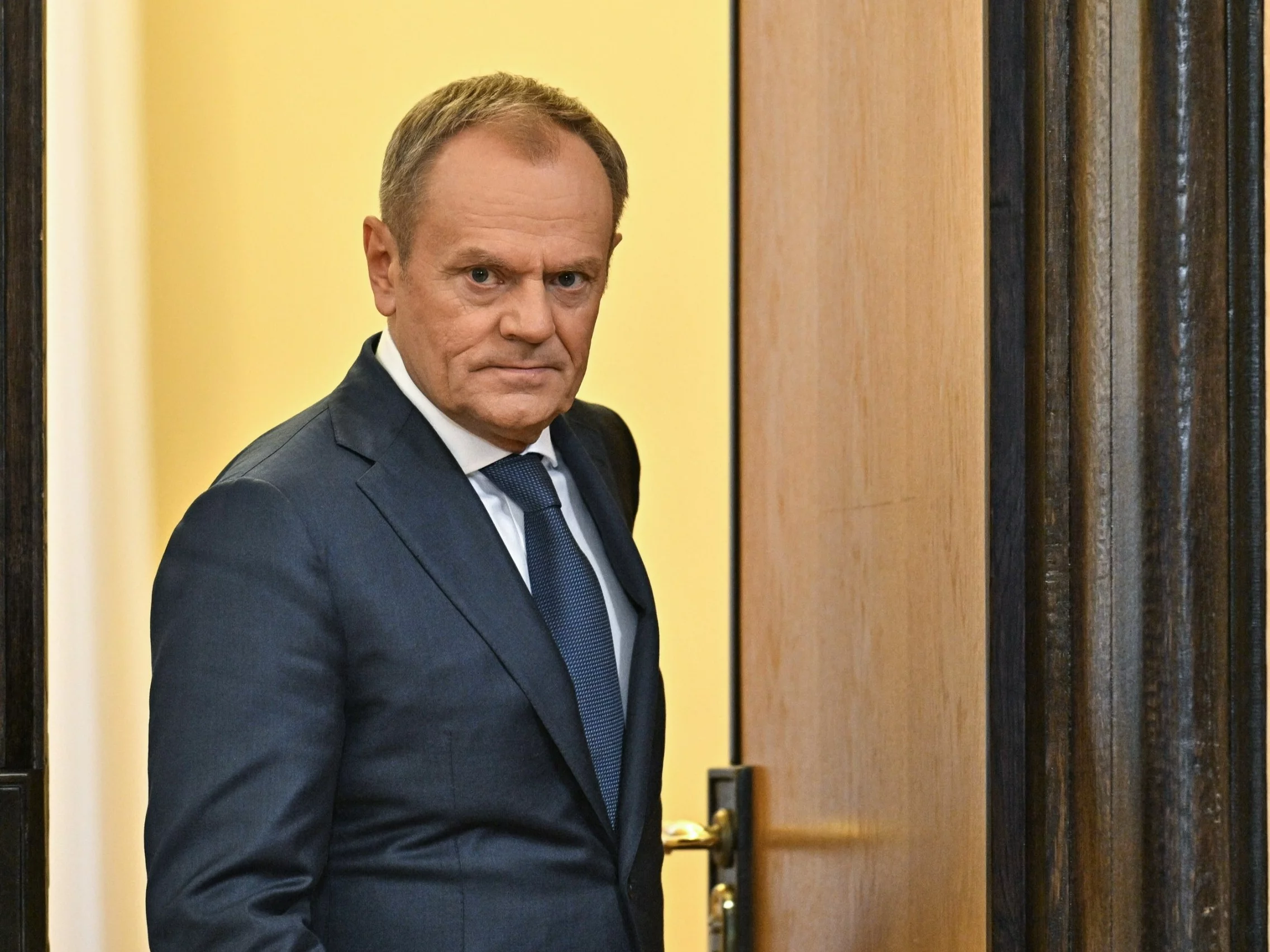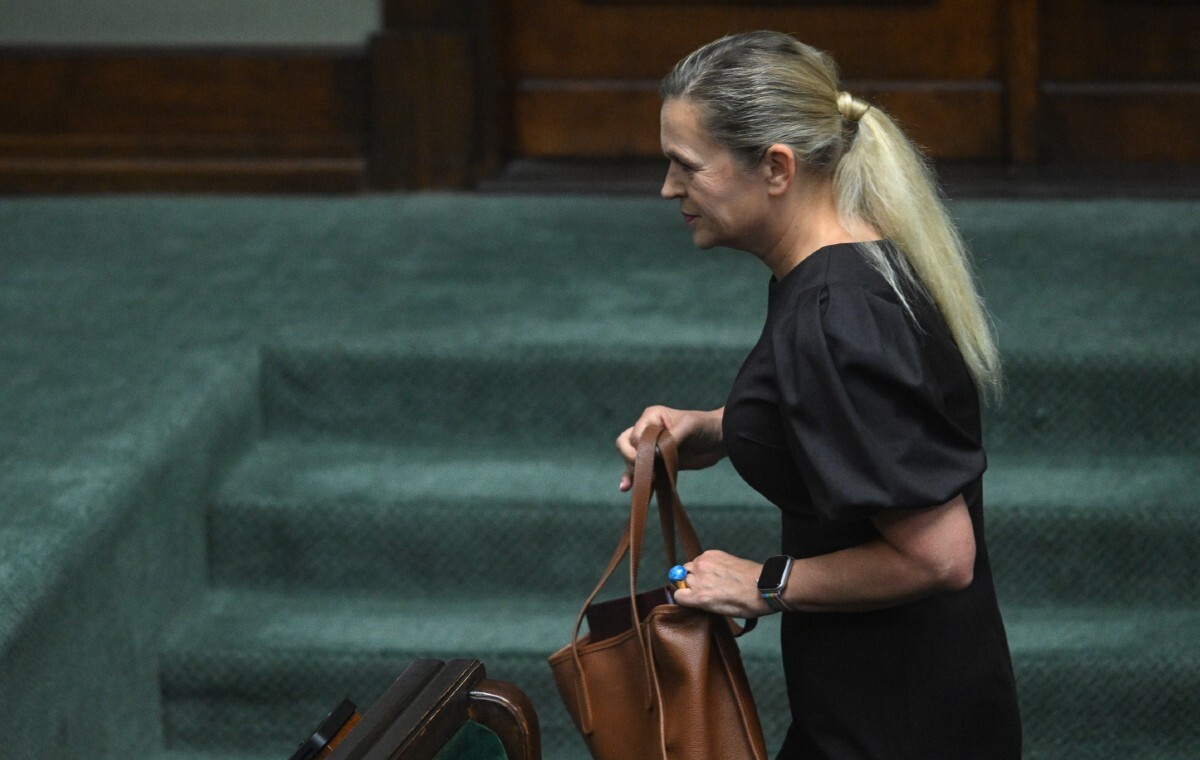Smolensk Maskirovka – Blogger's investigation into tragedy 10.04
Category: Archive
Author: piko, April 11, 2025
10.04.2025 15 years have passed since a tragic event, officially known as a Smolensk tragedy, Smolensk disaster or Smolensk assassination. A delegation composed of the most crucial politicians of the 3rd Republic of Poland, the commanders of the WP and excellent representatives of society died in unexplained circumstances, on the way to the solemn celebrations of Katyń.
The following is 1 of my 2 texts, which are included in the book:
‘Smolensk mascarovka – blog investigation on tragedy 10.04“
issued in November 2018

The book contains texts, papers, analyses from a blog inquiry, conducted on the salon24.pl portal and not only. Thanks to @Rolex, his determination and commitment and contacts, a tiny part of our work could be collected in book form. Many thanks besides to Bollinari (the publisher of the Warsaw Newspaper) for taking up this task.
The book is dedicated late blogger 3ZET (Paul Ludwicki).
The following text was originally meant to be an introduction to the book. However, the group decided that it could discourage and even offend any readers, so it was moved to the end.
The second text is included in the chapter "Let's just sit in the chair and talk about the chairs.It’s okay. ”
THE WORDS. WHAT DIDN'T anticipate IN Smolensk
Blogger @Piko Piotr ...
The thought of writing a book devoted to Smolensk was born in mid-2017 during 1 of many meetings of a peculiar group of people, and the book was initially intended to bear the title "What didn't happen in Smolensk". What group is this, where did the thought of another Smolensk-related survey come from, and why specified a perverse title? You found the answer – what I want to believe – in the following chapters of the book, which was yet titled: ‘Smolensk mascot. Blogger's investigation of the 10-04 tragedy". The work does not have 1 author; it is the work of long-standing collective inquiries, which aimed to explain to themselves what actually happened on 10.04.2010 with an authoritative delegation going to Katyń to commemorate the 70th anniversary of the Katyń Crime.
This group included bloggers – both anonymous people utilizing a pseudonym and people known by their first and last names, who conducted a alleged blog investigation online. The following doubts may arise immediately to the inquisitive reader:
– what is the credibility of specified a squad that has no legal personality, an office with an address, a list of employees, or any board that is body outside formal control?
– what about the reliability of the data, what about the verification of the sources, what about the danger of pointing the investigation at false tracks?
– what about competence, expertise, cognition of aviation and related topics?
I realize these reservations, so even after presenting the facts, analyses and opinions, if any doubts remain, they should be removed. How did we work?
First, in order to be able to analyse anything, it has to be:
– a circumstantial nonsubjective (e.g. what happened or could not happen there), and a ‘project manager’,
– a platform for exchange of views,
– a group of people who want to devote their time and work to dealing with the problem,
– a circumstantial method of action.
Project Manager, let's call it "Smolensk", was fundamentally a blogger of FYM, or FreeYourMind. Why am I writing in principle? Since no 1 ordered him to do so, it came naturally and spontaneously. besides in view of the operation on the network, the "management" was dispersed. This was due to the fact that in addition to the leading person, each of the participants conducted their own analyses and inquiries. FYMA's blog was the main place to verify information, abrasion of opinions, the emergence of conclusions. specified a course of action was provided by objectivity, common control and mistake correction. It can be paradoxically said that, acting independently, we were jointly discovering what could have happened on 10.04.2010, and what could not.
Platform On which we operated was the web and in peculiar the portal salon24.pl, the blog FYMA and friendly blogs. Blogs were open to anyone (except trolls and fools), who wanted to share information and express an opinion.
Persons which acted first characterized common sense, logical reasoning on the basis of cause-effects, careful analysis of all information related to 1 event. As far as I know, they were both humanists (historians, mediologists, journalists, sociologists, lawyers) and physicists, people after method studies, computer graphists or medical education. And another crucial feature – during the full investigation the issue of political commitment on either side (PO v PiS) did not occur. From what I saw, they were all political realists, or skeptical to both sides of the conflict.
Method the effects were simple, clear and obvious. All our work was based on a white interview – the input data for the analysis were photos and videos from the wreckage site, any accounts of participants of events prior to 10.04.2010 and about-accidental and authoritative reports. The full material was analysed for consistency, place, time of consequences of events and logic. It was compared to akin events in the past of accidents. This approach to problems freed us, for example, from the analysis of what forces worked on birch and wing, and whether the barrel was possible or not.
It was adequate to show that the distribution of parts on the wreckage was non-physical, that on the basis of the records available, this flight could not proceed as officially described, and that the deficiency of juice on the unfortunate birch indicates that it had to fly much earlier than 10.04.2010.
Finally, I would like to share the reflection of the talks on alleged hard topics in this of course and about Smolensk, namely:
How do we get the information, why not in a different way?
Understanding how we perceive reality, how we realize the phenomena and processes in it depends, among another things, on how we perceive information, how we analyse it, and what conclusions we draw. Based on conversations, contacts, discussions, I can hazard saying that in terms of receiving information, the average, statistical individual is characterized by:
- Unilaterality of the information received
- The unwillingness to face her with another source
- Certainty of its opposition to propaganda and media influence on planet vision
- Unreflective acceptance of opinions of “media Authorities” and “moral Authorities”
- No self-inference – taking ready explanations, opinions
- Acknowledging the Kaleks as Your Own Views
- Bipolar imagination of politics in Poland
- Belief in democracy as a origin of all good and natural regulator of unestablished states
- In the analysis of historical-political issues (and not only) the broken relation of origin – effect
- Escape from requests that can destruct the image
- Faith that “everyone must not be wrong”
- Loss of interest in media transmission – “everybody lies”.
The order of the points is not accidental – it shows the way from unilateral to indifference. Why is that? The answer is more complicated than showing how it is. In general, the causes are divided into interior and external. The first concerns human nature and the conditions under which it matured and functions. They arise for the following reasons:
- The man in the “educational process” is mostly formatted by the views of educators and the environment in which he turns
- Man is usually a lazy being, and any analysis, consideration, uncovering sources costs quite a few effort
- A man who is especially active in the struggles of everyday existence does not want to think deeper – he accepts simple and seemingly apparent solutions, matching his ideas
- Two, and do not give God more points of view, introduce a cognitive dissonance that puts stress – you gotta take any attitude and this is tiring (point 2), and sometimes even impossible, if it requires reassessment of existing views
- Linking circumstantial views to the position: economic, political, social, household – in another words – conformism
- Features specified as credulity, vulnerability to the influence of others, deficiency of own opinion, ignorance
- The consequence of intellectual impairment
The second reason defined as external is the conscious action of media scene owners preventing free access to the media market. So far there is no anticipation for 1 individual (or group of people) to say something to another (a large group) without the approval of any state authority, or 3rd individual in the form of a state official. There is simply a insignificant exception in the form of the Internet, but this is likely to end soon, as it becomes a crucial origin of unconcessioned information and facilitates free communication. In our case, it resulted in material, a tiny part of which was presented in this book.
How are the above considerations in the Smolensk Catastrophe? They're like any another case that comes up in the media, because After all, this “catastrophe” had only a media process. No 1 saw her, no 1 filmed her. We only know her from a relation like: “someone said another individual said they saw something” and from the image of the wreckage. 1 might protest: “There are records in various recorders, there are victims.” This is the case, only if you look more closely at them, the puzzle entitled “Catastrophe in Smolensk” does not consist of a coherent picture.
To conclude, I ask you, Reader, to remove from your head all narratives to Smolensk, all stereotypes, and to effort to think with a clear head precisely what we were trying to convey to you.
Tags:10.04.2010















